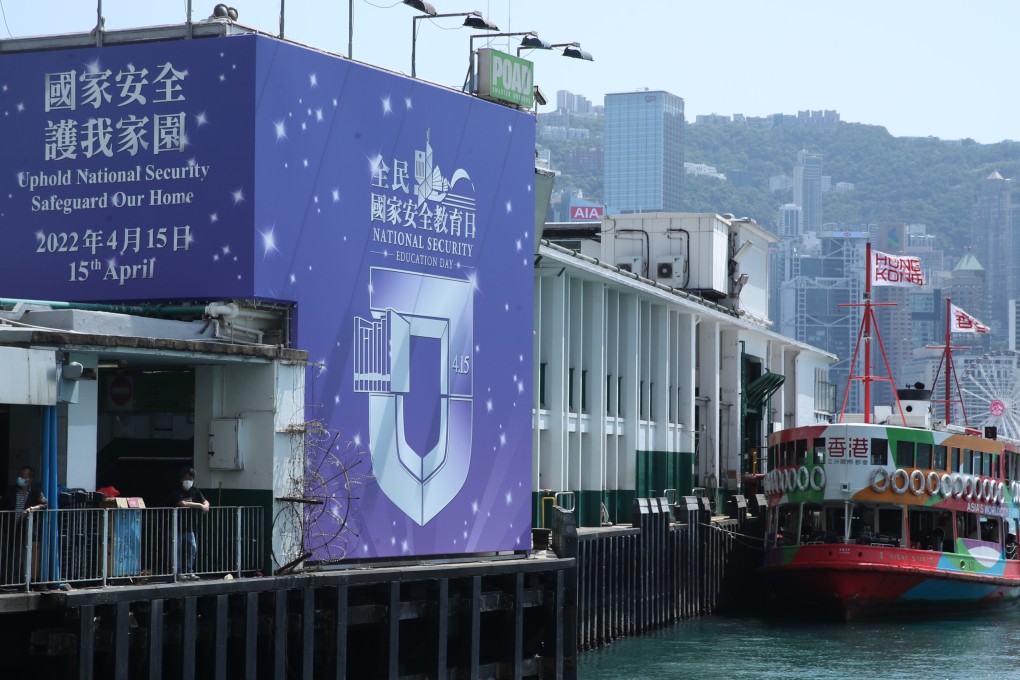Outside In | How to repair Hong Kong’s battered reputation: first, restore confidence among the ‘honest brokers’
- The national security law, the government’s handling of the pandemic, and more, have left Hong Kong with an image problem on the global stage
- Rather than another expensive PR campaign focused on the media, officials should target the experts on whom journalists rely, to boost the city’s image

You don’t have to be a rocket scientist to recognise that Hong Kong has an international PR problem. What to do about it is a bit more challenging, and that is likely to be a high-priority issue as chief executive-elect John Lee Ka-chiu and his new administration take up the reins in just over a month’s time.
For some, Hong Kong has been an international pariah for decades. I recall a number of international think-tank members visiting Hong Kong in the spring of 1997 as the handover approached. They told me that this would be their last visit to Hong Kong – once it was in the grip of Beijing, there would be no point in further engagement.
In the wake of his selection as chief executive this month, The New York Times declared “John Lee wins Hong Kong’s Rubber Stamp Election”. The BBC called Lee’s election a move by Beijing “to tighten its grip on the city”.
Analysing the result, it attempted to explain “what Hong Kong can expect from ‘Beijing’s enforcer’.” Reuters said he had been endorsed by “a committee stacked with pro-Beijing loyalists”. Clearly, as Hong Kong’s advocate-in-chief, Lee has a mountain to climb.
